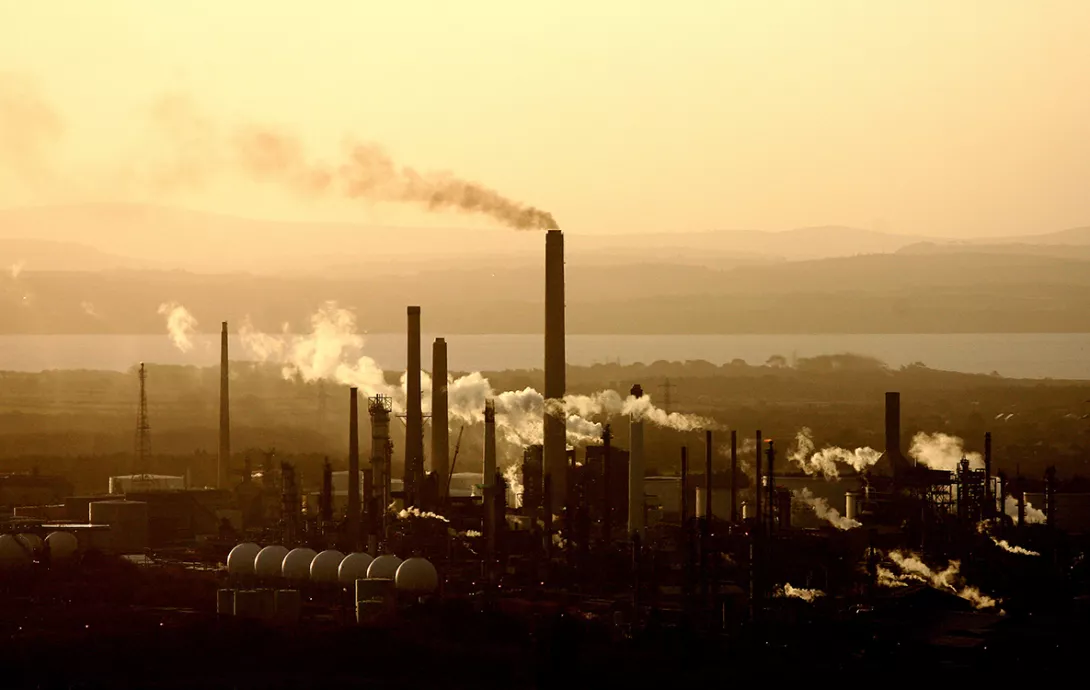
FAMILIES are paying £605 more for their food than this time two years ago, with climate change being the main reason for the high prices, according to researchers.
Rising costs due to extreme weather have kept food inflation high throughout 2022 and 2023, even as energy prices decreased, the university study found.
Recent flooding in Britain left cereal, potato and other crops rotting underwater, farmers have said.
Extreme heat and drought in Spain have damaged olive harvests and pushed up the price of olive oil by around 50 per cent.
Other staple products like sugar, rice and tomatoes have been affected by extreme weather, with food inflation rising to around 20 per cent this spring.
Experts from the universities of Bournemouth, Exeter and Sheffield have warned that food prices are likely to remain high as climate change increases in severity.
Professor Wyn Morgan from the University of Sheffield described it as a hidden cause of rising bills.
He said: “It is clear from the evidence that climate change is an increasingly prominent feature among the drivers of food price inflation.
“In 2022, energy costs dominated the headlines and these fed through to a high headline rate of inflation for food.
“And yet, as energy costs have fallen back, climate change has emerged as a bigger driver of inflation for food over the last two years.”
The researchers calculated that since the start of 2022, £361 of increases are attributable to climate change and £244 to oil and gas.
The Food Foundation executive director Anna Taylor said: “This year, one third of food inflation was attributable to climate change, and we should expect a lot more in future.
“With an estimated 17 per cent of households in Britain currently experiencing food insecurity, this is a top priority for policy-makers.”














